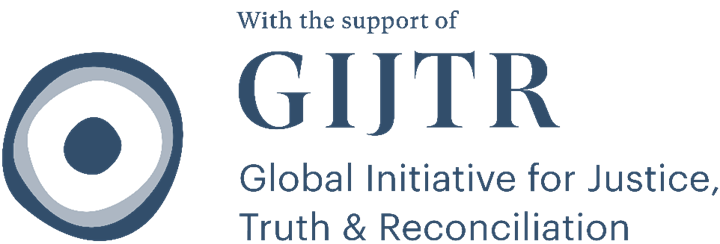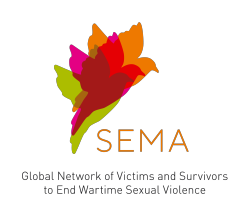International Humanitarian Law
III.10 Special protection against CRSV is owed to population in occupied territory
In situations of occupation, occupying States (also known as occupying powers) have heightened duties under IHL. Territory is considered occupied when under the authority of adverse foreign armed forces, and the occupation extends only to the territory where such authority has been established and can be exercised.
If this is the case, occupying powers must take measures to restore and ensure public order and safety and, if possible, respect the laws in force in the occupied territory, including the applicable rules of IHRL and IHL. This obligation comprises the duty to protect the inhabitants of occupied territory against acts of violence, 'and not to tolerate such violence by any third party'. Occupying powers can be held responsible for failing to take all measures in their power to prevent violations of IHRL and IHL by their armed forces and other actors present in occupied territory.

 EN
EN FR
FR ES
ES UK
UK



